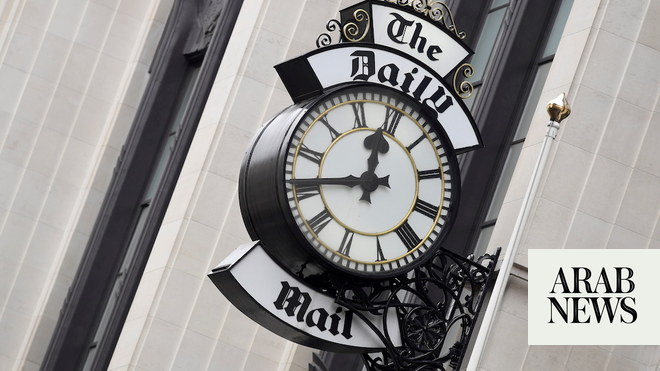
Hongkongers queued at city news stands before dawn on Friday to buy the latest edition of the Apple Daily newspaper, a day after national security police arrested its editor-in-chief and four other directors.
On Thursday morning hundreds of officers from the Hong Kong police national security department raided the homes of the employees, including editor-in-chef Ryan Law, and the Apple Daily newsroom for the second time in less than a year. It froze millions of dollars in company assets.
Police said the raid and arrests were due to alleged breaches of the national security law’s clause against foreign collusion, via more than 30 articles calling for international sanctions against Hong Kong and China. Media and rights groups said authorities were using the law to crackdown on a vocal critic.
On Friday police announced they had charged two of those arrested with foreign collusion offences, and announced prosecution proceedings against three companies for the same charge. Apple Daily named those charged as editor-in-chief, Law, and CEO Cheung Kim-hung, scheduled to appear in court on Saturday. The others remained in detention pending further investigation.
The paper’s staff rejected the accusations against them, and vowed to get the paper out regardless, emblazoning the front page with photos of their five arrested bosses, and the headline: “National security police searched Apple, arrested five people, seized 44 news material hard disks.”
At the bottom of the page, in the yellow colour associated so closely with the pro-democracy movement, the message: “we must press on”.
The paper increased its print run for Friday more than fivefold to to 500,000.
Employees had returned to the office only that afternoon, after an hours-long raid by police with an unprecedented warrant allowing the seizure of journalistic materials, Apple Daily said.
They connected keyboards to their phones to type up their stories, live-streamed and surrounded by rival media documenting the process, including printing presses whirring into action. The paper has a usual circulation of about 80,000, but printed half a million in anticipation of people once again buying it in support after a police operation.
Across the city people bought multiple copies, some handing them out to businesses to give to customers, others Instagramming their haul, including one woman who filled an Ikea bag. The owner of a Mongkok news stand told AFP he normally sells 60 copies of Apple Daily, but on Friday had sold 1,800 before morning.
Steven Chow, 45, bought three copies of the paper, a controversial and populist tabloid, but which has become a symbol of the pro-democracy movement.
“There is no perfect media, but it is a unique voice in Hong Kong,” he said. “You may not like it, but I think you need to let them have their voice and survive, it is important.”
The targeting of Apple Daily marked an escalation in authorities’ attempts to stifle Hong Kong’s media. The city’s security chief, John Lee, warned other journalists on Thursday to “distance” themselves from the accused, who he referred to as “criminals” and “perpetrators” of a conspiracy.
Lee would neither specify the offending articles or explain how the national security law applied to media – a long running concern since its introduction almost one year ago. Fears now are that any prosecution of the five executives will further strengthen a chilling effect across the industry.
The police operation was condemned by foreign governments including the US, UK, Australia and the EU, rights organisations and journalism groups. Beijing accused them of vilifying the police and interfering in internal Hong Kong affairs.
“The facts are clear and the evidence solid, and the cases have nothing to do with press freedom.”
Rupert Colville, the chief UN human rights spokesperson, said the raid “sends a further chilling message for media freedom.”
He told Reuters: “We call on Hong Kong authorities to respect their obligations under the International Covenant on Civil and Political Rights, in line with the Basic Law, in particular freedom of expression, freedom of peaceful assembly and association and the right to participate in public affairs.”












